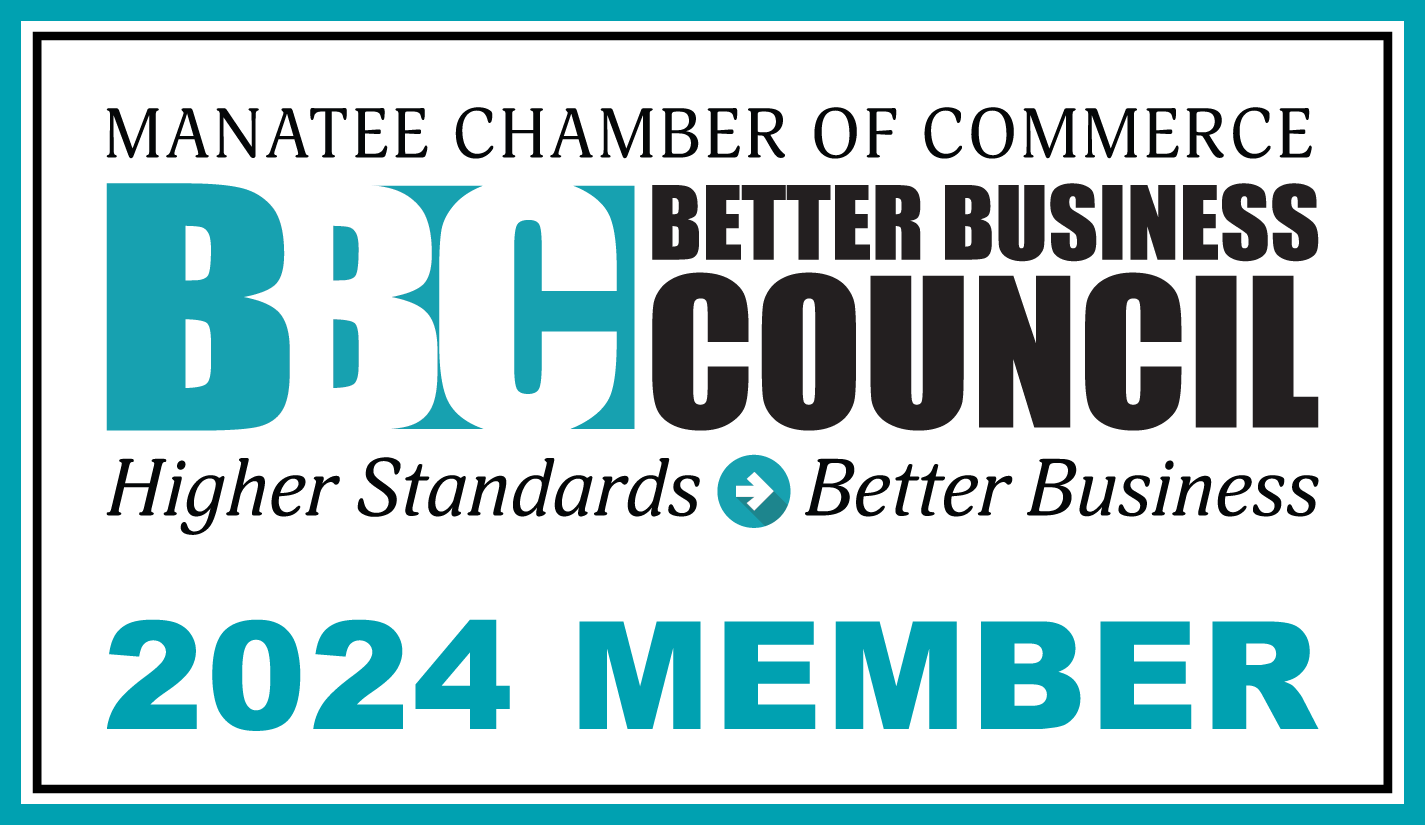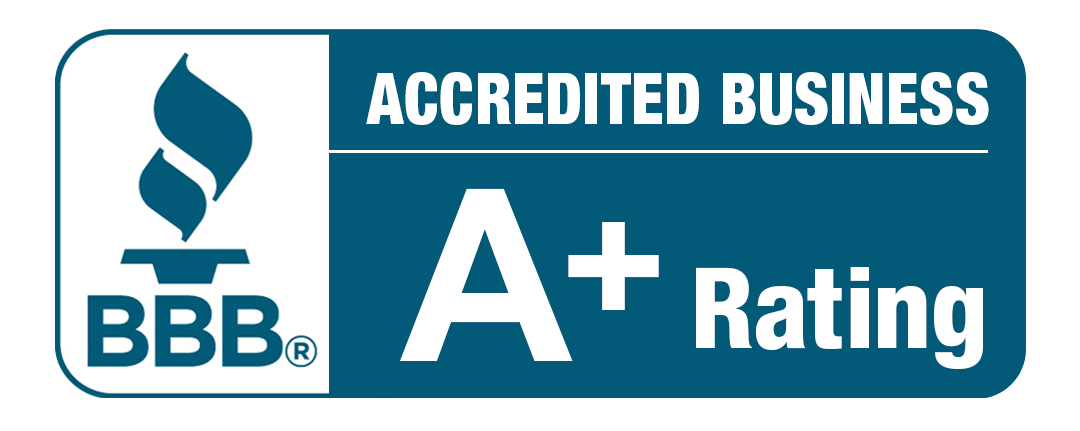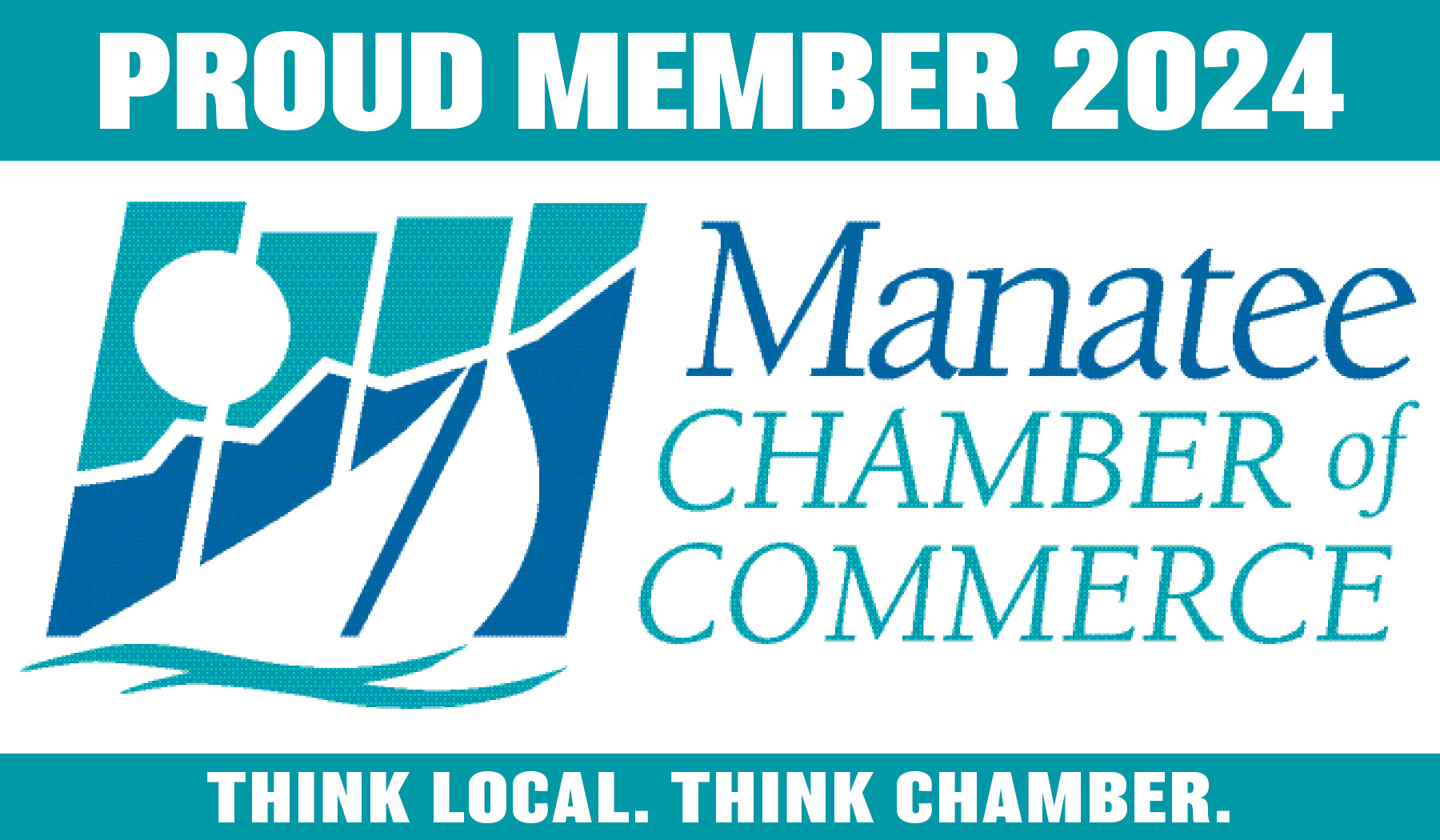Choosing the right interior designer for your custom home is a crucial decision that can profoundly impact your space’s overall look and feel. The ideal designer will bring your vision to life and enhance it with their expertise and creativity.
This article will discuss some considerations for finding and hiring the best interior designer for your project.
1. Define Your Needs and Style
Before you start the search, clearly define what you want from your interior designer. Are you looking for a complete design overhaul or just a few rooms? Do you have a specific style in mind – such as modern, traditional, or eclectic? Understanding your needs and preferences will help you find a designer whose style aligns with your vision.
2. Research and Gather Recommendations
Start by researching designers in your area. Look at their portfolios online to see their previous work and determine if their style matches your aesthetic. Personal recommendations from friends, family, or real estate agents can also be valuable. They can provide insights into the designer’s professionalism, reliability, and creativity.
3. Check Credentials and Experience
Verify the credentials of potential interior designers. Look for qualifications such as a degree in interior design or architecture and certifications from professional organizations like the American Society of Interior Designers (ASID) or the International Interior Design Association (IIDA). Experience is also crucial; designers with a proven track record in custom home projects will better understand the nuances of working with unique spaces.
4. Review Portfolios and Past Projects
Examine the portfolios of prospective designers to gauge their range of styles and the quality of their work. Pay attention to projects similar in scope and style to your own. This will give you an idea of their ability to handle custom homes and adapt to different design challenges. Look for consistency in their work, as well as their ability to innovate and personalize.
5. Evaluate Design Process and Approach
Discuss the design process with potential designers. A good interior designer will have a structured approach, including initial consultations, concept development, space planning, and final implementation. They should also be able to articulate how they handle project management, budgeting, and timelines. Their approach should be collaborative, ensuring they listen to your ideas while providing professional input and guidance.
6. Assess Communication and Compatibility
Effective communication is key to a successful design project. During initial meetings, assess how well the designer listens to your ideas and how clearly they articulate their own. The designer should be open to feedback and willing to make adjustments based on your preferences. Compatibility in terms of personality and working style is also important. You’ll be collaborating closely with this person, so mutual respect and understanding are essential.
7. Discuss Budget and Fees
Understanding the designer’s fee structure is crucial. Some designers charge a flat fee, while others work on an hourly basis or a percentage of the total project cost. Be clear about your budget from the outset and ensure that the designer can work within it. Get a detailed breakdown of what’s included in their fee, such as design services, procurement of materials, and project management.
8. Check References
Ask for references from previous clients and follow up with them. Inquire about their overall experience with the designer, including their professionalism, creativity, adherence to timelines, and how they handled any issues that arose. This feedback will provide valuable insights into the designer’s reliability and effectiveness.
9. Review Contracts and Agreements
Before finalizing your decision, review the contract carefully. Ensure that it includes all agreed-upon details such as the scope of work, timelines, payment terms, and any clauses regarding changes or cancellations. A well-drafted contract protects both parties and helps prevent misunderstandings.
10. Trust Your Instincts
Ultimately, trust your instincts. Choose a designer who not only meets your practical requirements but also resonates with your personal taste and vision. The right interior designer will not only transform your custom home into a beautiful and functional space but also make the process enjoyable and stress-free.
The Bruce Williams Process
Hiring the best interior designer for your custom home involves careful consideration of their style, experience, and approach. At Bruce Williams Homes, we work closely with our clients to ensure that every detail of their custom home exudes their style and personality.
Choosing the right interior designer for your custom home is a crucial decision that can profoundly impact your space’s overall look and feel. The ideal designer will bring your vision to life and enhance it with their expertise and creativity.
This article will discuss some considerations for finding and hiring the best interior designer for your project.
1. Define Your Needs and Style
Before you start the search, clearly define what you want from your interior designer. Are you looking for a complete design overhaul or just a few rooms? Do you have a specific style in mind – such as modern, traditional, or eclectic? Understanding your needs and preferences will help you find a designer whose style aligns with your vision.
2. Research and Gather Recommendations
Start by researching designers in your area. Look at their portfolios online to see their previous work and determine if their style matches your aesthetic. Personal recommendations from friends, family, or real estate agents can also be valuable. They can provide insights into the designer’s professionalism, reliability, and creativity.
3. Check Credentials and Experience
Verify the credentials of potential interior designers. Look for qualifications such as a degree in interior design or architecture and certifications from professional organizations like the American Society of Interior Designers (ASID) or the International Interior Design Association (IIDA). Experience is also crucial; designers with a proven track record in custom home projects will better understand the nuances of working with unique spaces.
4. Review Portfolios and Past Projects
Examine the portfolios of prospective designers to gauge their range of styles and the quality of their work. Pay attention to projects similar in scope and style to your own. This will give you an idea of their ability to handle custom homes and adapt to different design challenges. Look for consistency in their work, as well as their ability to innovate and personalize.
5. Evaluate Design Process and Approach
Discuss the design process with potential designers. A good interior designer will have a structured approach, including initial consultations, concept development, space planning, and final implementation. They should also be able to articulate how they handle project management, budgeting, and timelines. Their approach should be collaborative, ensuring they listen to your ideas while providing professional input and guidance.
6. Assess Communication and Compatibility
Effective communication is key to a successful design project. During initial meetings, assess how well the designer listens to your ideas and how clearly they articulate their own. The designer should be open to feedback and willing to make adjustments based on your preferences. Compatibility in terms of personality and working style is also important. You’ll be collaborating closely with this person, so mutual respect and understanding are essential.
7. Discuss Budget and Fees
Understanding the designer’s fee structure is crucial. Some designers charge a flat fee, while others work on an hourly basis or a percentage of the total project cost. Be clear about your budget from the outset and ensure that the designer can work within it. Get a detailed breakdown of what’s included in their fee, such as design services, procurement of materials, and project management.
8. Check References
Ask for references from previous clients and follow up with them. Inquire about their overall experience with the designer, including their professionalism, creativity, adherence to timelines, and how they handled any issues that arose. This feedback will provide valuable insights into the designer’s reliability and effectiveness.
9. Review Contracts and Agreements
Before finalizing your decision, review the contract carefully. Ensure that it includes all agreed-upon details such as the scope of work, timelines, payment terms, and any clauses regarding changes or cancellations. A well-drafted contract protects both parties and helps prevent misunderstandings.
10. Trust Your Instincts
Ultimately, trust your instincts. Choose a designer who not only meets your practical requirements but also resonates with your personal taste and vision. The right interior designer will not only transform your custom home into a beautiful and functional space but also make the process enjoyable and stress-free.
The Bruce Williams Process
Hiring the best interior designer for your custom home involves careful consideration of their style, experience, and approach. At Bruce Williams Homes, we work closely with our clients to ensure that every detail of their custom home exudes their style and personality.






